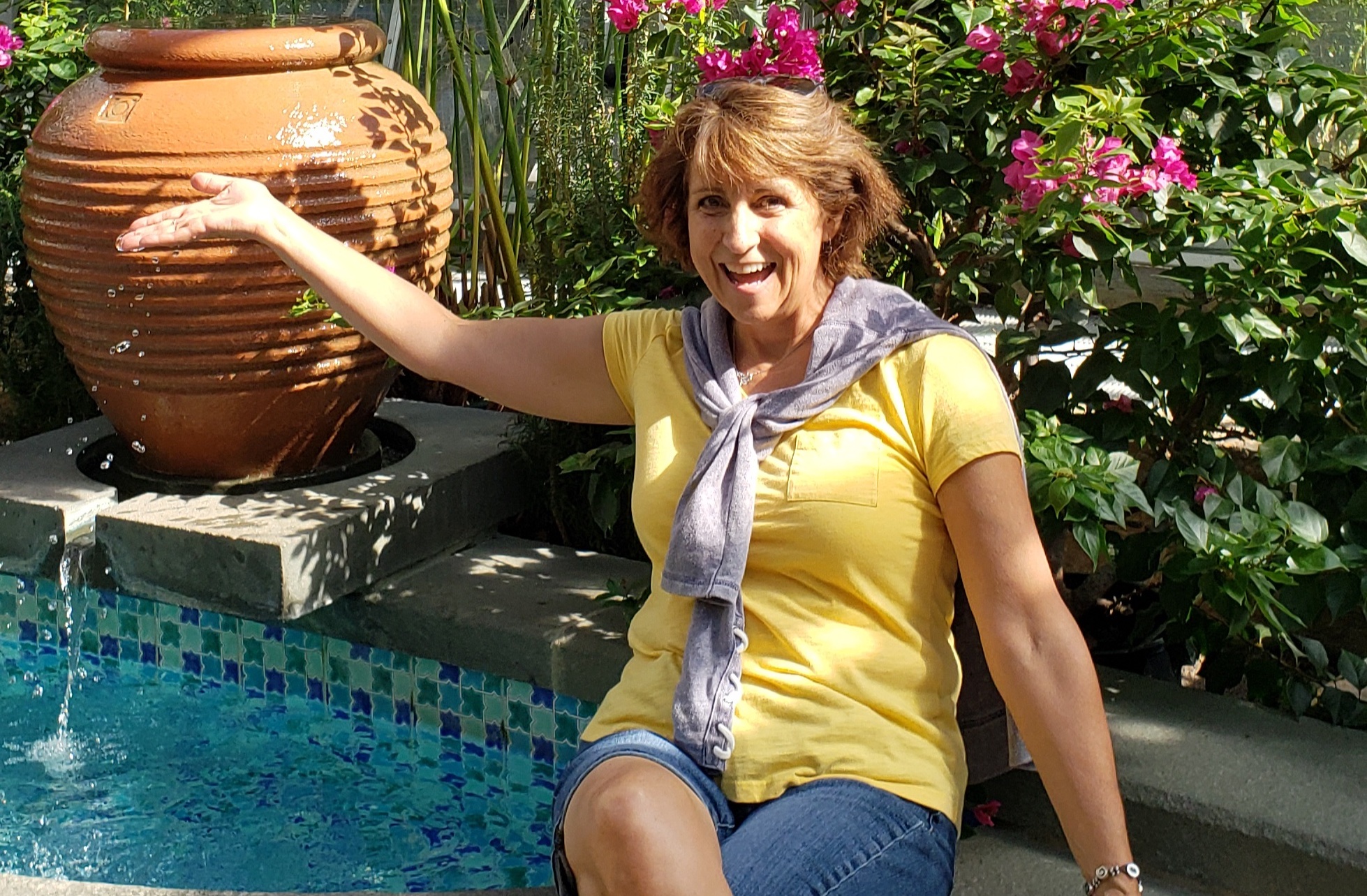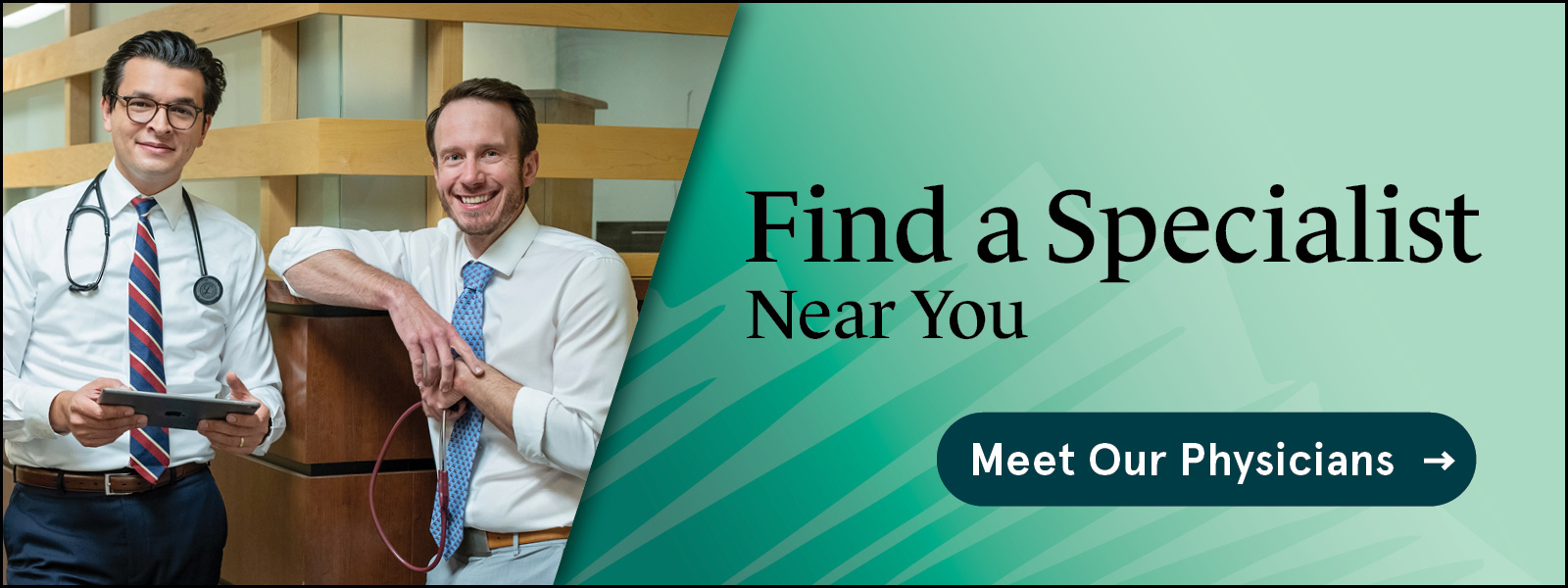How Speaking Up During Cancer Treatment Makes a Difference
4 min read

Cathy Dennerline was on vacation when her 18-year-old son noticed her eyes looked yellow. If he noticed, Cathy thought, then there’s probably something to this. When she came home, her primary care doctor ordered a CT scan of her liver. After reviewing her scans, she was diagnosed with late-stage bile duct cancer. She was told she likely had only a few months left.
But they were wrong.
Cathy was referred to a cancer center in Denver, requiring long drives for appointments from her Longmont-area home. After visiting with the oncologist at the cancer center, they determined she had late-stage liver cancer rather than bile duct cancer, with only about six months left to live.
But they were still wrong.
Doors Opened When They Were Needed
She received several stents in her bile ducts, allowing them to drain, while her oncologist sought another opinion. After several mix-ups with her biopsy samples, Cathy was ready to seek care elsewhere. Conveniently, she soon ran into a friend familiar with the Rocky Mountain Cancer Centers Boulder clinic. After hearing her friend’s recommendation, she made an appointment with Dr. J. Mark Barnett, a board-certified medical oncologist and hematologist.
Between the time she booked her appointment and when she met with Dr. Barnett, the other institution found the samples, and she was diagnosed with B-cell non-Hodgkin lymphoma. It turns out there was a lymph node near Cathy’s liver that was producing lymphoma cancer cells and making it difficult for her bile ducts to drain. Dr. Barnett took it from there.
Non-Hodgkin Lymphoma Treatments at RMCC
Now that she had the correct diagnosis, Cathy had a new lease on life. She went to each treatment only a short distance from her home at the Rocky Mountain Cancer Centers location in Longmont, where she felt loved and supported. “I didn’t feel like a number like I did at the other cancer center. I knew I was in the right place at RMCC under Dr. Barnett’s care. His staff was amazing, too.” Cathy stated.
Cathy proceeded with a lymphoma treatment regimen called R-CHOP. It’s a combination of several chemotherapy drugs, of which she received six rounds. She felt tremendously supported by Shelly and the rest of the staff during treatment. They helped her get past the exhaustion, nausea, and other side effects of chemo.
“The staff answered any question I had, including questions in the middle of the night. The on-call staff was as wonderful as Dr. Barnett and his team. I never felt like I was alone during this process.”
While under Dr. Barnett’s care, Cathy also received the news that he identified a second type of cancer in her thyroid. She praises how much he was there for her through everything, even helping her find an endocrinologist to perform thyroid removal surgery.
Don’t Be Afraid to Speak Up
You’re going to have feelings throughout the entire cancer diagnosis and treatment process. Your feelings and preferences are important and should be respected. Cathy preferred to take any bad news over the phone rather than in person so she could process it privately. Dr. Barnett could only know to do that for her because she told him. Getting the news about thyroid cancer was tough, and she appreciated that he was willing to give her a call rather than break difficult news in a public setting.
According to Cathy, another area where you can’t afford to stay quiet is when you’re experiencing side effects. She had mouth sores from her chemotherapy treatments, and by reaching out to the team, she got some relief with a mouth rinse. There are a lot of cancer treatment side effects, and these side effects impact everyone a little differently. Don’t suffer in silence! The cancer care providers can offer some great tips to try and sometimes even medications to help you feel better sooner. Tell them what worked for you so they can share that insight with other patients.
If you aren’t comfortable speaking up, Cathy suggests you bring someone with you to your visits who can ask the questions to get the answers you need.
But at the end of the day, you know your body best. If you’re experiencing something that doesn’t seem right, don’t wait until your next appointment or even until the office reopens. Reach out to the phone number provided for assistance during after-hours and weekends. More than likely, those on staff during off-hours can suggest something to help you out.
Managing Your Feelings Throughout Treatment
There are a lot of emotions throughout cancer diagnosis and treatment, as well as transitioning to a survivor. In Cathy’s case, she went from thinking her life was nearly over – twice – to being a 14-year cancer survivor. Every day during treatment, Cathy kept a journal of her feelings, encounters with others, photos, and notes she received. She encourages others to do this as well. Cathy feels that you can use journaling during treatment to help cope with the emotions and then after treatment, so you can remember how blessed you are once you’re past the most challenging phase of recovery.
The Importance of Second Opinions
Cathy is living proof that you should always seek another opinion about your diagnosis and recommended treatment plan. In her case, it took three tries. But for most people, the diagnosis is correct, and a second opinion will confirm it and the suggested treatment plan. A second opinion also allows you to experience more than one team of cancer care providers. Choose the team you feel most comfortable with because you’ll spend a lot of time with them and put your life into their hands.
Finding a location close to home is also helpful since treatments include multiple trips to the cancer center. Cathy likes to tell people, “RMCC has the greatest people you NEVER want to meet." But she’s sure glad she did!
Living Life More Fully After Lymphoma
Over a decade after her lymphoma diagnosis, Cathy makes sure she takes time to appreciate her blessings, including her treatment results and her family.
If you or a loved one was diagnosed with cancer, the Rocky Mountain Cancer Centers team is available to provide an initial consultation or a second opinion, which healthcare insurance providers often cover. Find a convenient location throughout the Front Range, including Denver, Colorado Springs, and the Boulder area.
